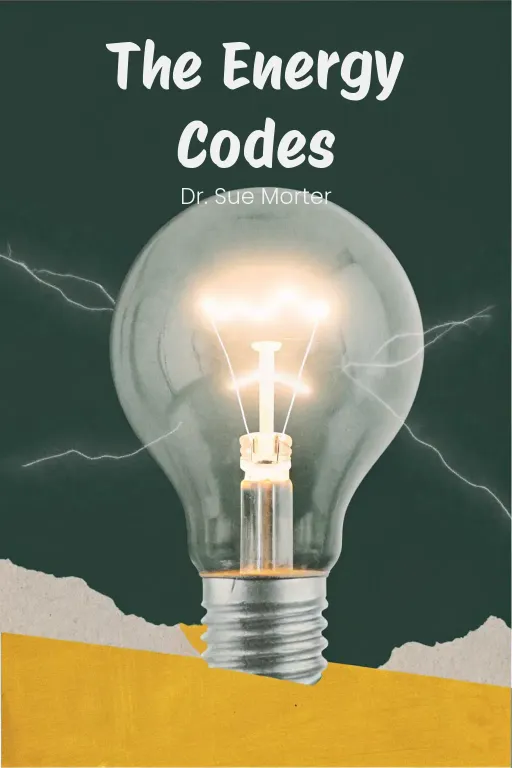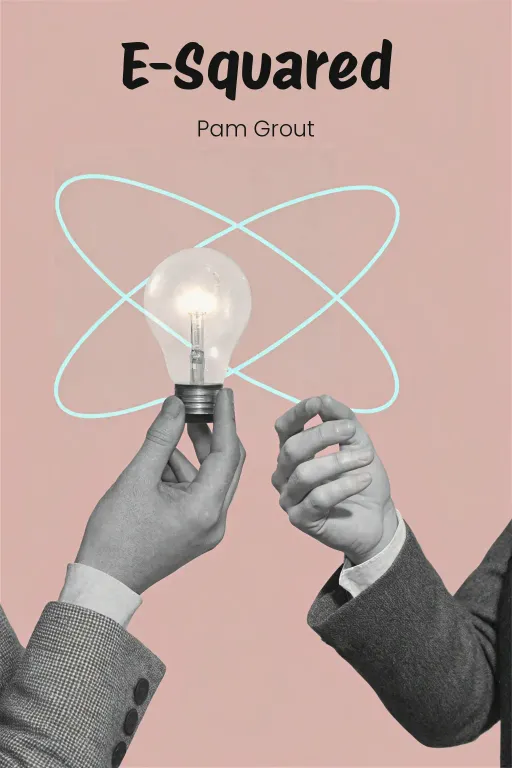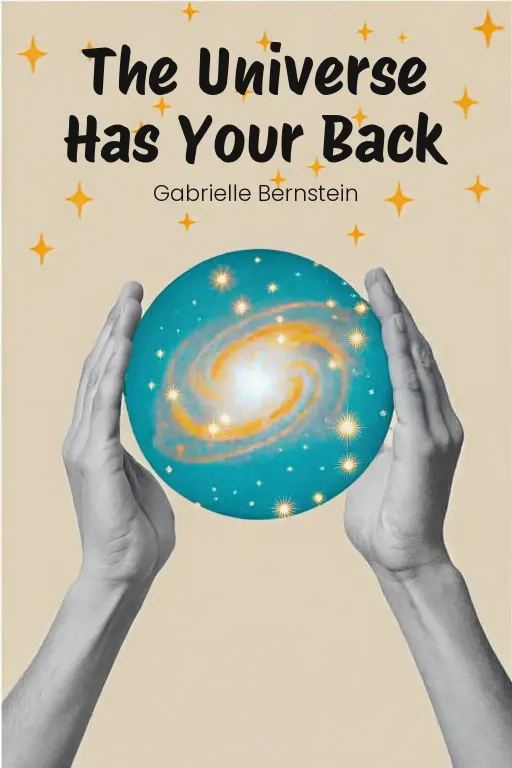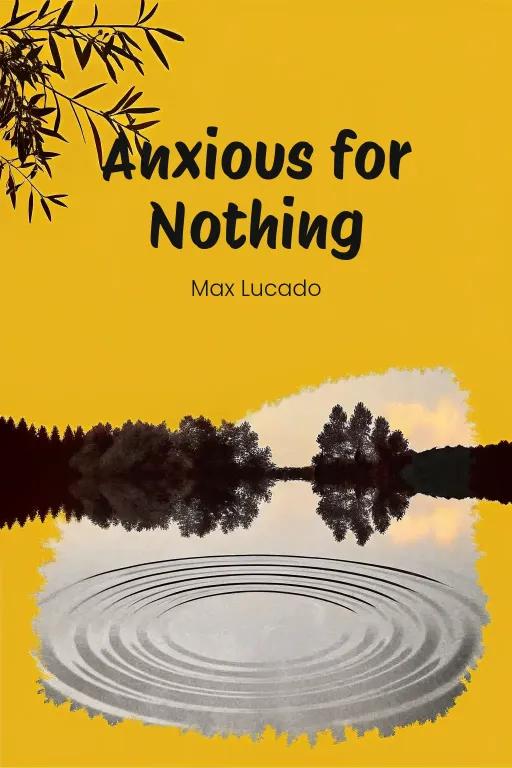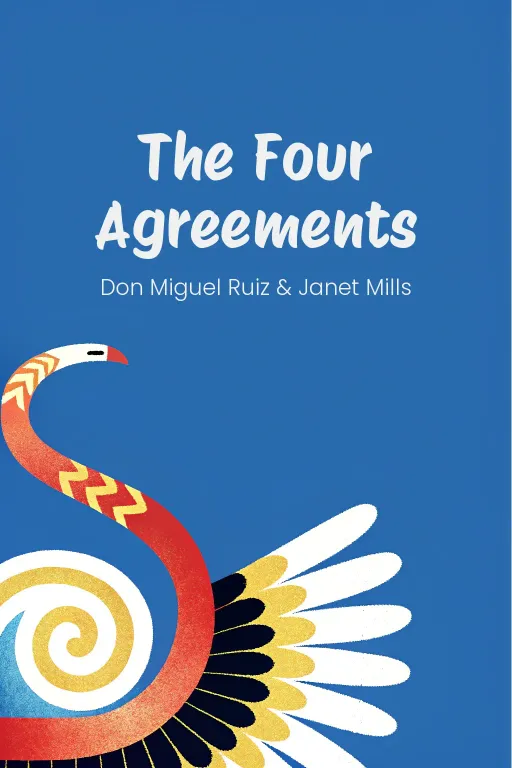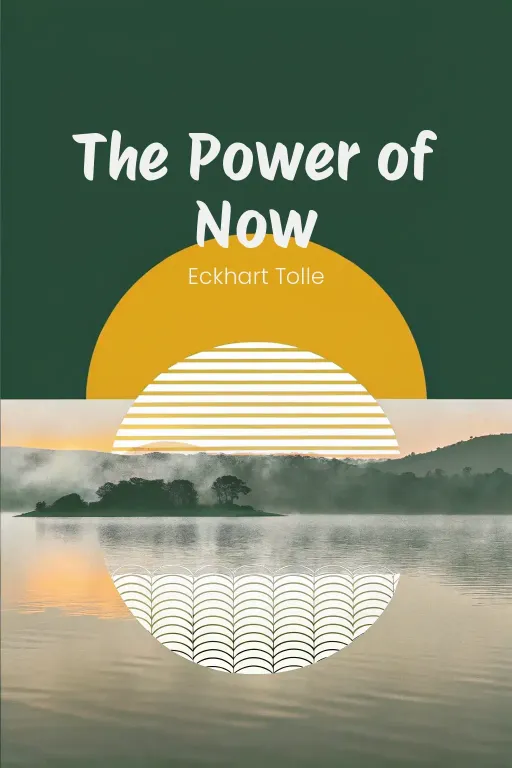
The Power of Now
Mindfulness & Happiness
Eckhart Tolle
In "The Power of Now," Eckhart Tolle offers a compelling treatise on transcending the confines of the ego and achieving spiritual awakening through unwavering presence. Tolle posits that human suffering arises primarily from an incessant mental preoccupation with the past and future, thereby obscuring the only reality that truly exists: the present moment. By learning to surrender to the Now, individuals can dismantle the ego's constructs and connect with a profound inner awareness, ultimately leading to lasting peace.
Tolle elucidates the nature of consciousness, presenting it as a state of pure awareness that transcends analytical thought. He argues that true liberation lies in recognizing our thoughts and emotions as transient phenomena, rather than identifying with them as defining aspects of our identity. This detachment allows us to observe the "ego"—a mental construct fueled by attachments, fears, and the relentless pursuit of external validation—without being consumed by its narratives. The ego, Tolle suggests, perpetuates a sense of lack and incompleteness, driving us toward insatiable desires and anxieties. By relinquishing the ego's grip, we tap into an unyielding source of inner power and discover a profound sense of wholeness.
A central tenet of Tolle's philosophy is the illusion of time. He contends that psychological time—the mental dwelling on past regrets or future anxieties—is a primary source of suffering. True freedom, according to Tolle, is found in disengaging from this temporal preoccupation and anchoring oneself in the immediacy of the Now. This requires a conscious effort to observe and accept the present moment without judgment or resistance.
Tolle also explores the concept of the "pain-body," an accumulation of past emotional traumas that manifests as a reservoir of negativity. Transforming the pain-body involves cultivating mindfulness, observing emotions without identification, and allowing them to pass without resistance. This process requires patience and self-compassion, as individuals learn to detach from the ingrained patterns of emotional reactivity. In so doing, they can break free from the cycle of suffering and cultivate a more authentic and peaceful existence.
To facilitate this spiritual awakening, Tolle provides practical techniques for cultivating presence. These include observing the mind and emotions without judgment, focusing on the breath and physical sensations, and surrendering to the present moment. He also emphasizes the importance of relationships as a spiritual practice, wherein the dynamics of love and connection can serve as mirrors reflecting our unconscious patterns and ego-driven behaviors. True love, Tolle asserts, arises from a state of inner completeness, free from the need for validation or fulfillment from others.
Tolle eloquently guides the reader toward an enlightened existence where joy, love, and fulfillment arise from a foundation of acceptance. By connecting with the inner body, tapping into the unmanifested dimension of divine consciousness, and living in unwavering awareness, individuals can transcend suffering and experience a profound sense of inner peace. This transformation extends beyond the individual, contributing to a collective shift in consciousness that can heal humanity and the planet. Ultimately, "The Power of Now" serves as a powerful call to embrace the present moment and unlock the transformative potential within.


